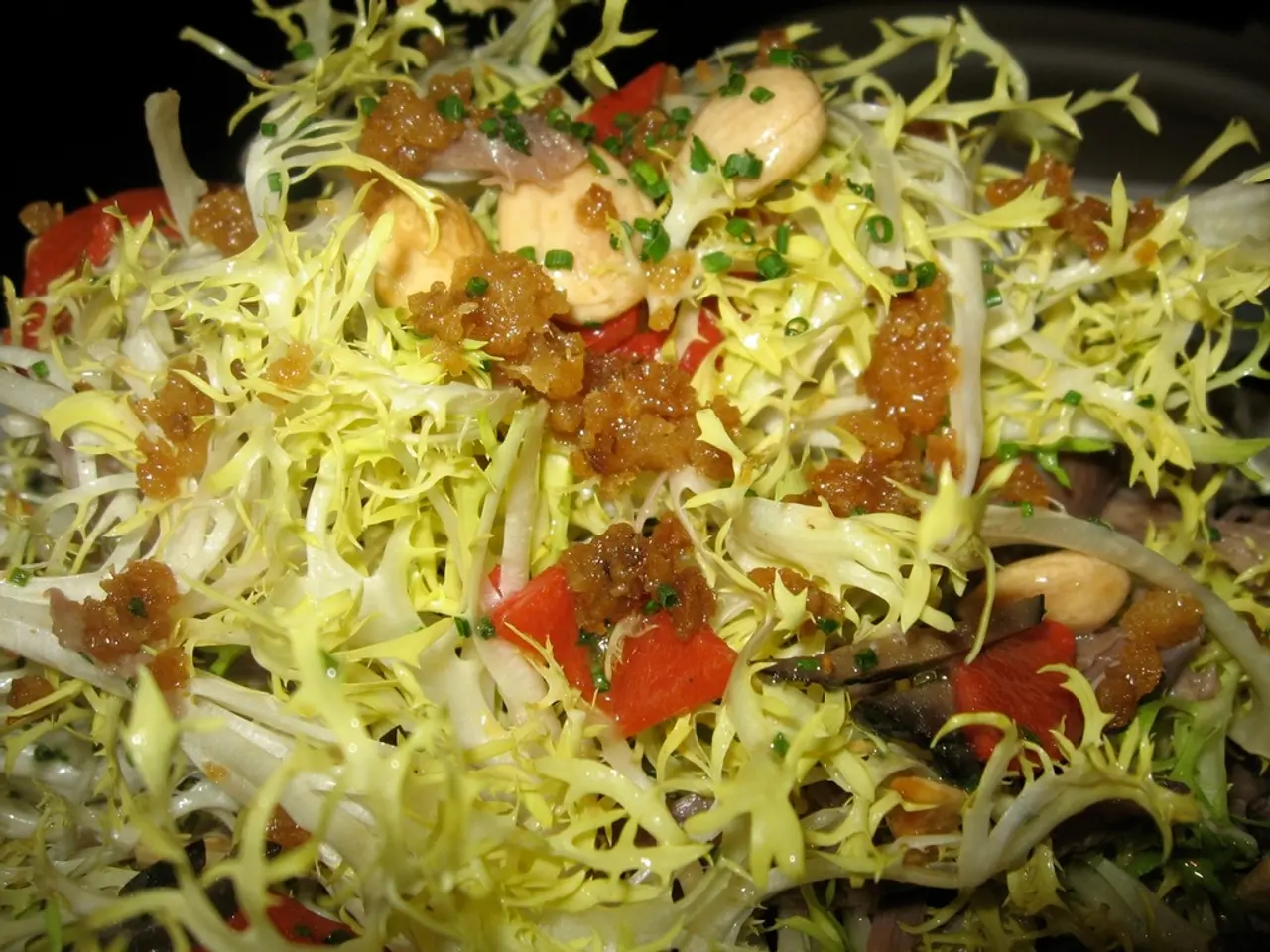habitswe continue to practice in our diet, regardless of necessity
Food Rituals: A Daily Connection to Culture and Identity
Food rituals play a significant role in shaping personal, cultural, and emotional identities. These daily acts of cooking and eating serve as symbols of community, spirituality, heritage, and social belonging.
In times of uncertainty, such as the pandemic, food rituals often intensify. For instance, more Americans find comfort in preparing the same breakfast multiple times a week, while others choose time-consuming methods like kneading dough by hand or slow-roasting vegetables.
Shruthi Baskaran-Makanju, a food and travel writer based in Seattle, shares stories and recipes inspired by her travels on Urban Farmie. She observes that traditional food rituals are being reimagined by younger generations to better suit their modern lives.
One example of this evolution is the slow cooker tikka masala, a modernized version of a traditional dish. Similarly, a Sunday roast might be reinterpreted as a tray of roasted vegetables with global seasonings.
Food rituals provide structure, comfort, and a sense of belonging. Weekly pizza nights, pancake Sundays, or potluck dinners can become touchstones in families. These shared meals foster communal bonds and reinforce social cohesion.
Many cultures use food as spiritual offerings to connect with the divine. For example, Hindu bhoga offerings symbolize divine blessing and personal growth. Sharing ritual foods evokes memories, emotional comfort, and a sense of belonging to a cultural lineage.
Food rituals also pass culinary knowledge, recipes, and symbolic meanings across generations, sustaining cultural heritage. They help individuals understand their personal identity within a larger cultural context and strengthen intergenerational ties.
However, some food habits are rooted in outdated norms, such as gender expectations around who should cook and how. The pressure to recreate elaborate family recipes, especially during holidays, can create more anxiety than joy.
Anthropological perspectives reveal that food rituals mirror and sometimes challenge social hierarchies, gender roles, and power dynamics within communities. They influence how identity is constructed and expressed.
As societies become more interconnected, food rituals adapt by blending different culinary traditions, reflecting hybrid identities and global cultural flows. Technology also facilitates cross-cultural exchanges, expanding exposure to global food practices and enriching or transforming local rituals.
Digital media and social platforms help document, share, and revive fading food rituals, allowing communities and individuals to maintain cultural identity in changing contexts.
In summary, food rituals are dynamic cultural expressions that anchor personal and collective identities emotionally, spiritually, and socially. They evolve by balancing preservation of meaningful traditions with innovations enabled by technological and social changes. The persistence of food rituals is often about emotion, not logic, making them a daily act of anchoring, linking the present to the past.
[1] Baskaran-Makanju, S. (2021). The Evolution of Food Rituals in a Globalized World. Urban Farmie. [2] Sutton, R. (2018). Food, Culture, and Identity: An Interdisciplinary Approach. Rowman & Littlefield Publishers. [3] Kaufman, E. (2016). Cooking Up a Story: The Transmission of Cultural Identity through Food Rituals. Journal of Foodservice Business Research, 21(1), 5-18. [4] DeVault, M. (1991). Food for Thought: On the Cultural Analysis of Eating. Temple University Press. [5] Kneafsey, T., & Moorman, C. (2017). Food, Memory, and Modernity: A Cultural History of Food and Foodways in the Modern World. Bloomsbury Publishing.
- Food rituals serve as symbols of community, spirituality, heritage, and social belonging, shaping personal, cultural, and emotional identities.
- During times of uncertainty, such as a pandemic, food rituals often intensify, with people finding comfort in cooking and eating familiar dishes.
- Shruthi Baskaran-Makanju, a food and travel writer, observes that traditional food rituals are being reimagined by younger generations to better suit modern lives.
- Food rituals provide structure, comfort, and a sense of belonging, creating touchstones in families and fostering communal bonds.
- Many cultures use food as spiritual offerings to connect with the divine, evoking memories and a sense of belonging to a cultural lineage.
- Food rituals pass culinary knowledge, recipes, and symbolic meanings across generations, helping individuals understand their personal identity within a larger cultural context.
- As societies become more interconnected, food rituals adapt by blending different culinary traditions, reflecting hybrid identities and global cultural flows, and are documented, shared, and revived through digital media and social platforms to maintain cultural identity in changing contexts.




